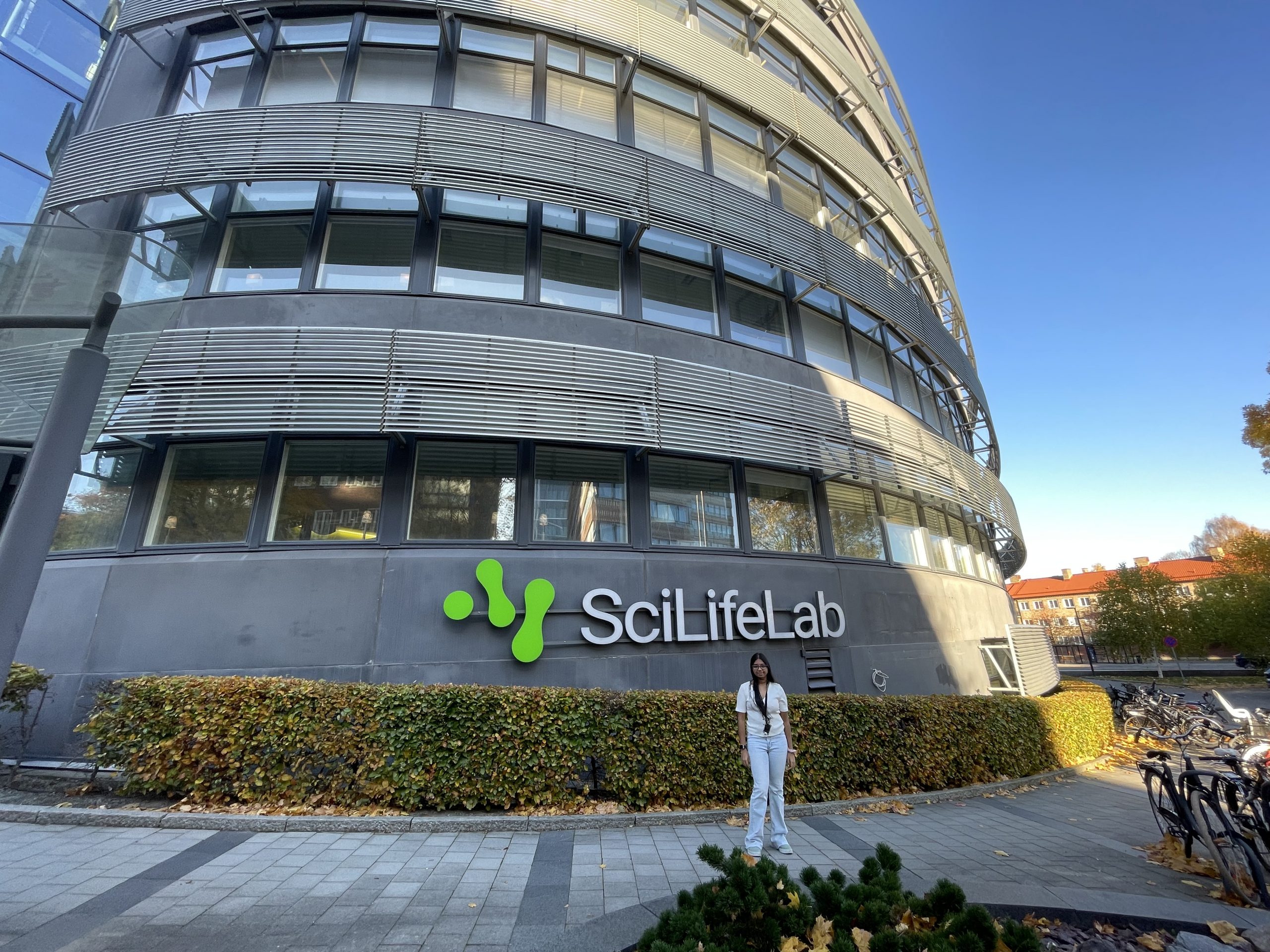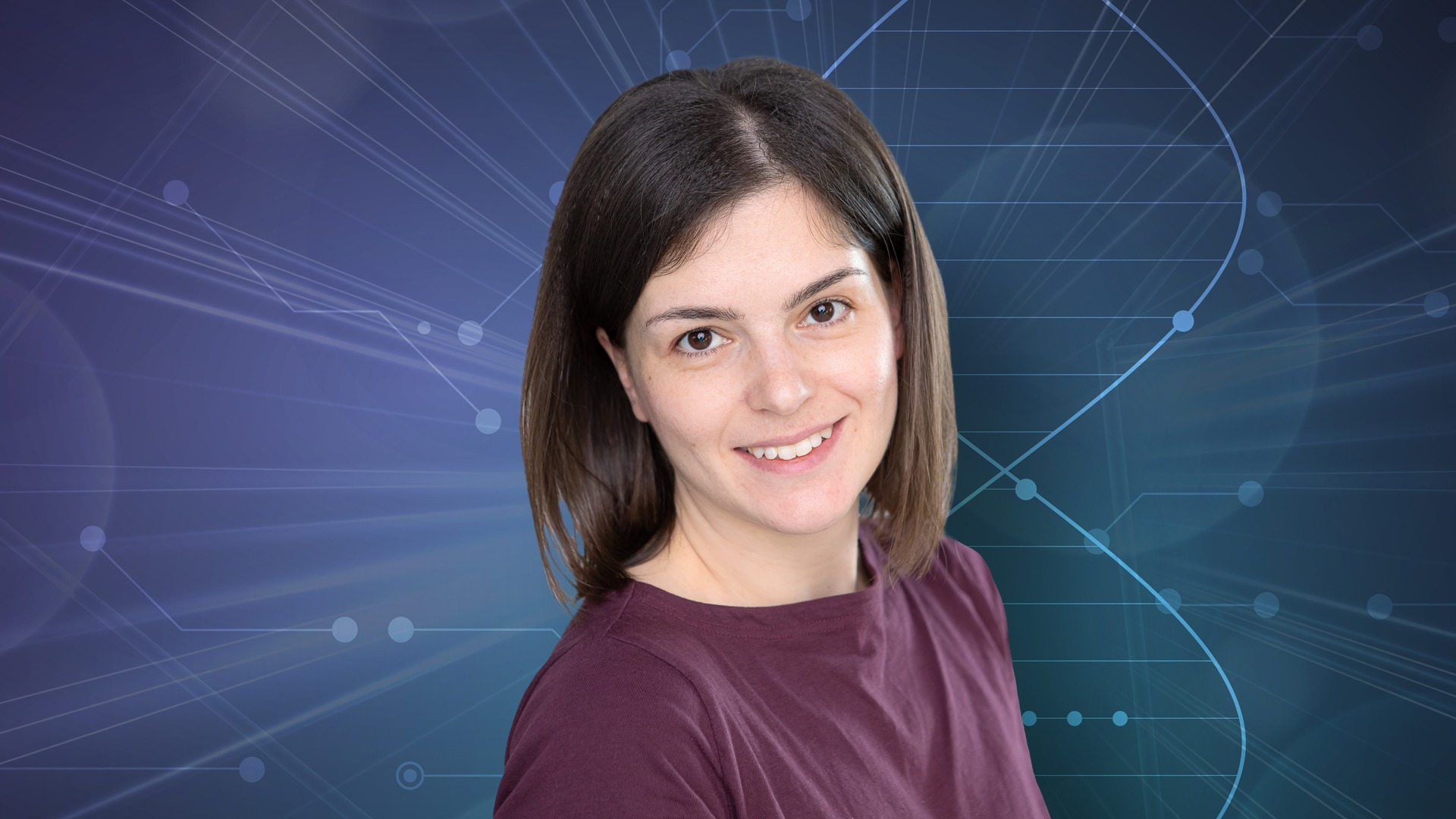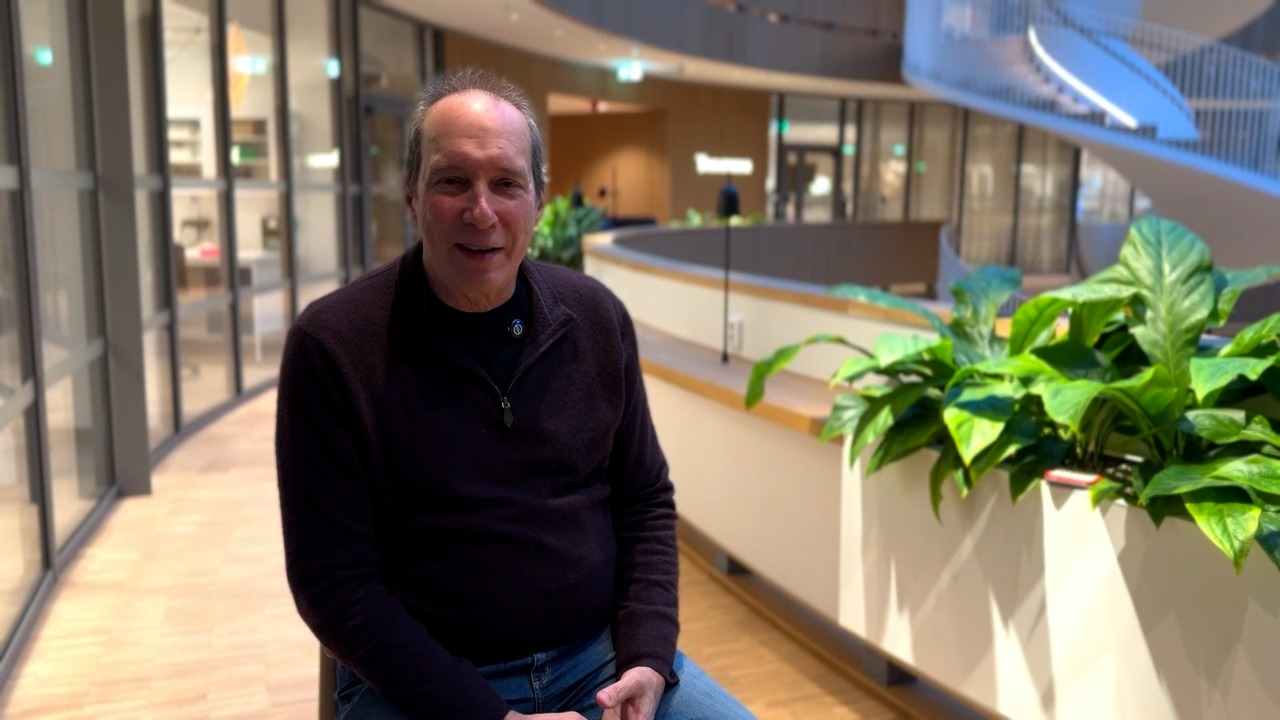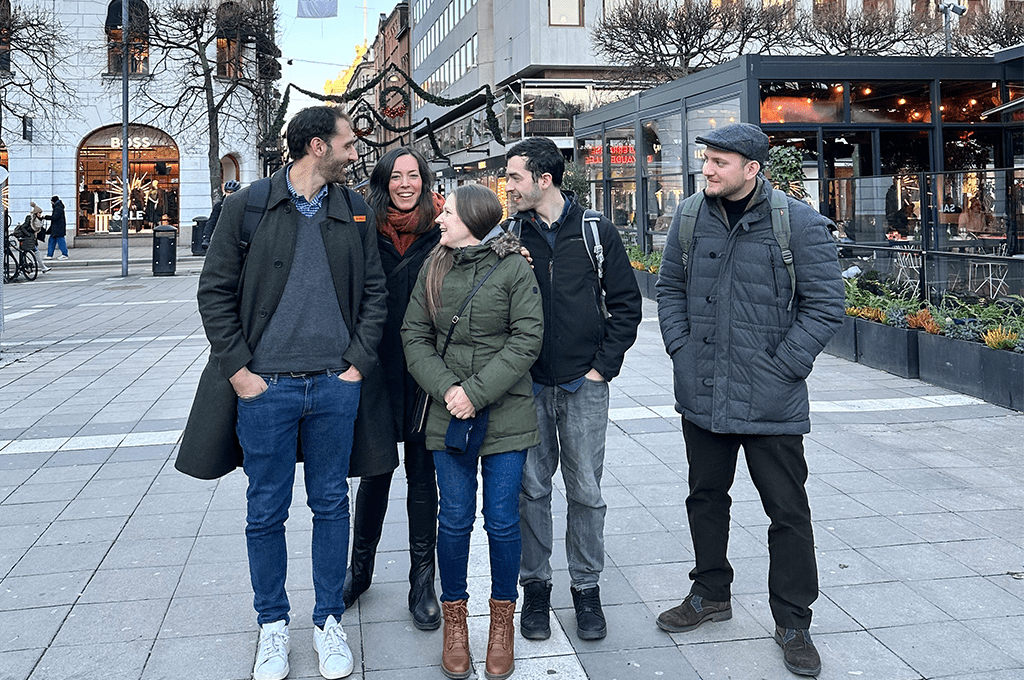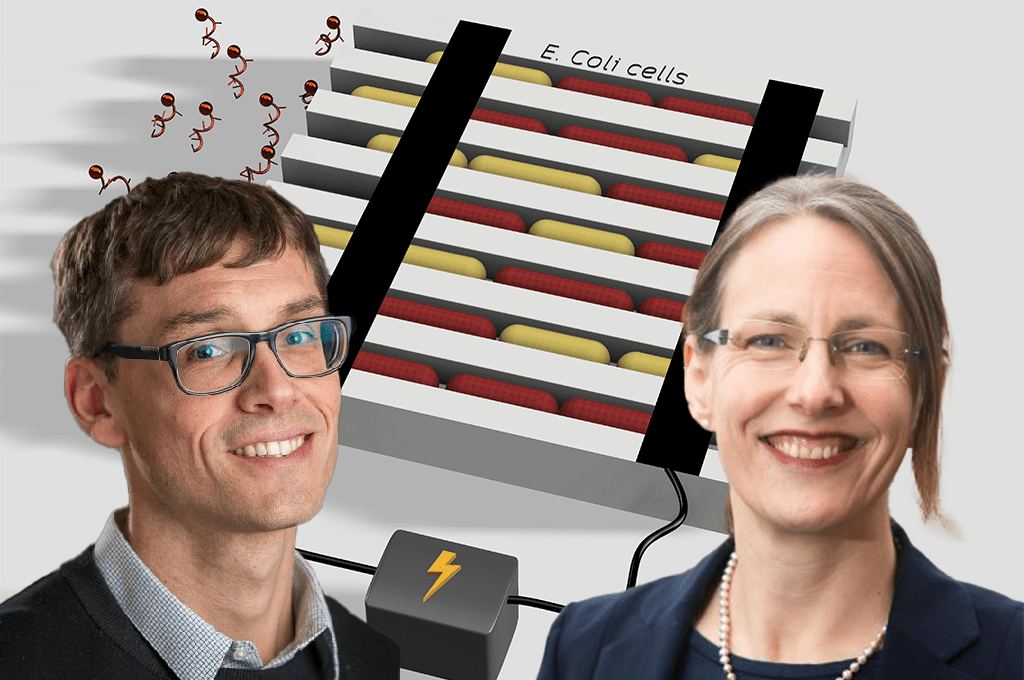Learning from innovation: A PRAO week at SciLifeLab
I am Aarohi Thakare, a student in grade 9 at Internationella Engelska Skolan Liljeholmen and I had the opportunity to do PRAO at SciLifeLab, Solna during week 43.
PRAO is an obligatory internship for students in Sweden with the aim of helping them gain knowledge about working life before future study and career choices. It is a valuable model for collaboration between school and working life outside school and can contribute important experience for future choices of education or vocational direction.
The reason I sent an application to SciLifeLab was because I aspire to be a woman in STEM and wanted to know what a workplace dealing with my areas of interest actually looks like. SciLifeLab, being a government-funded national research organization, seemed like the perfect place for that.
The organization was founded in 2010 by Karolinska Institutet, KTH Royal Institute of Technology, Stockholm University and Uppsala University. Today it is a national research infrastructure that facilitates activities across all major Swedish universities with sites launched in Linköping, Lund, Gothenburg and Umeå.
I am very interested in Biology and would like to have a job that is related to Biology in some way. There are various job roles in the organisation like scientists, chemists, geneticists, data analysts, project managers, lab engineers, biostatisticians, etc. I had the opportunity to work in the communications department which was a part of the operations office. Although I did not get to work in the labs, I still had the chance to see what goes on in the labs and how the scientists and researchers work.
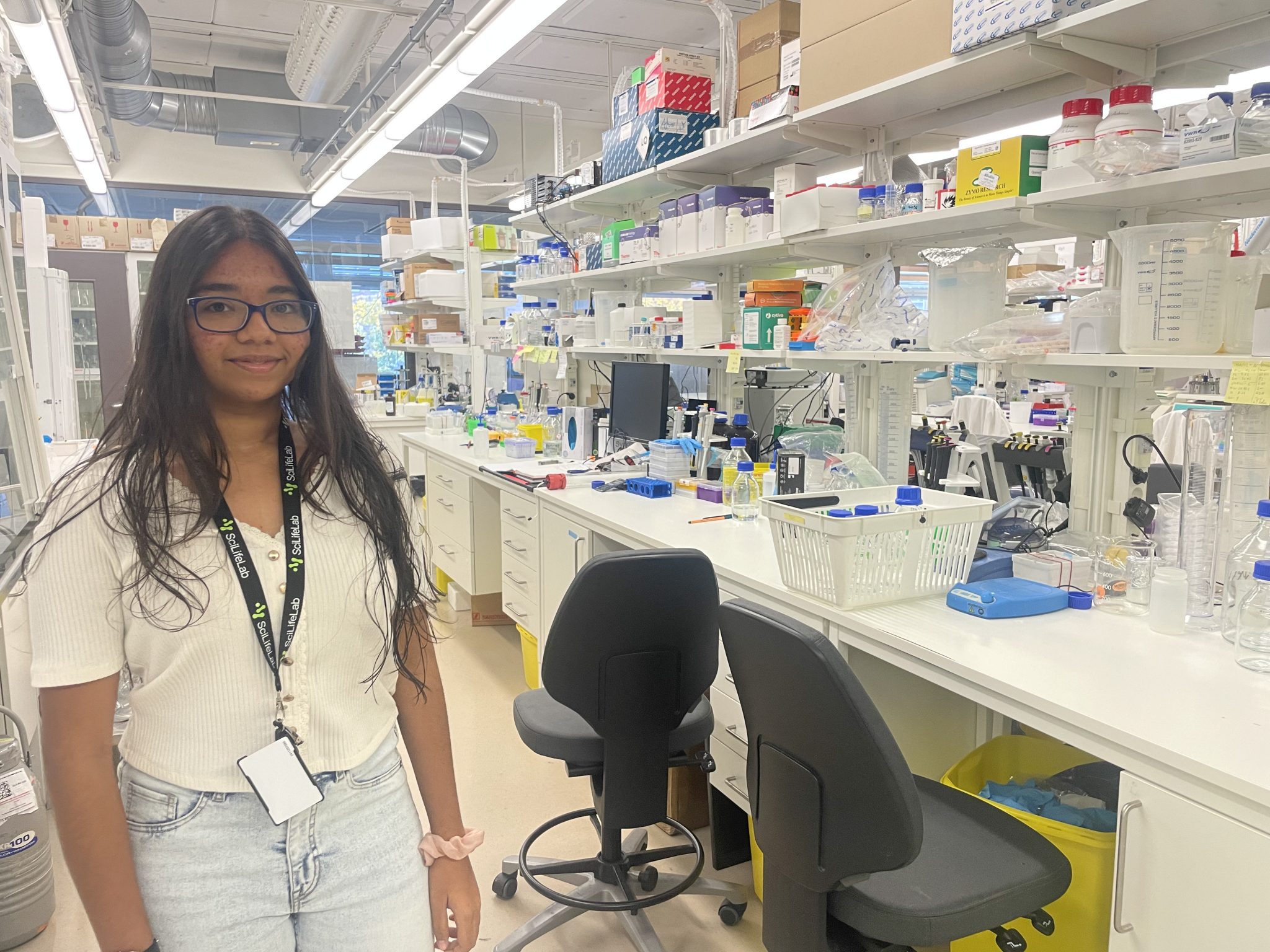
During my time there, I did things that aligned with my strengths and thus I found it very fun. I updated the website, helped review and write newsletters, gave ideas for future newsletters, attended an AI workshop, visited Karolinska Science Park for a lunch seminar and learned about collaboration amongst organizations. There was a visit by Inserm, the French National Institute of Health and Medical research and it was interesting to note how research organizations from different places around the world collaborate for the advancement of humanity and science. I was also allowed to visit and look at the different laboratories and areas within SciLifeLab and learn some facts about them from my supervisor, Anna Frejd, the communications manager in SciLifeLab. The highlight of my week here was when there was a student visit from two students who were writing their thesis for gymnasium. I got to visit the Clinical Genomics department and learn a little about DNA sequencing from Anna Zetterlund, a research engineer at Karolinska Institutet. In one of the labs in Clinical Genomics, I got to see the different equipment and machines used for DNA sequencing and that was very exciting.
I really liked the work environment here. One really interesting thing was the group training session that I participated in. It was interesting to know how working at SciLifeLab wasn’t only about doing the job but also about meeting new people, socializing and spending time with one’s colleagues during training sessions and fika breaks.
In conclusion, I learned a lot about what a workplace such as this can look like. I learned about and observed the different job roles and responsibilities people have, different aspects of jobs and what a good work environment can be like. One of the most important things I learned from doing PRAO here is how often one’s job affects not only one’s own department but also the rest of the organization as various parts of the organization are codependent on each other.
I am very grateful for being presented with such an opportunity and if I could I would definitely do it again. By sharing my experience I hope to inspire other students to explore the exciting opportunities within the scientific community.
“I am very grateful for being presented with such an opportunity and if I could I would definitely do it again. By sharing my experience I hope to inspire other students to explore the exciting opportunities within the scientific community.”
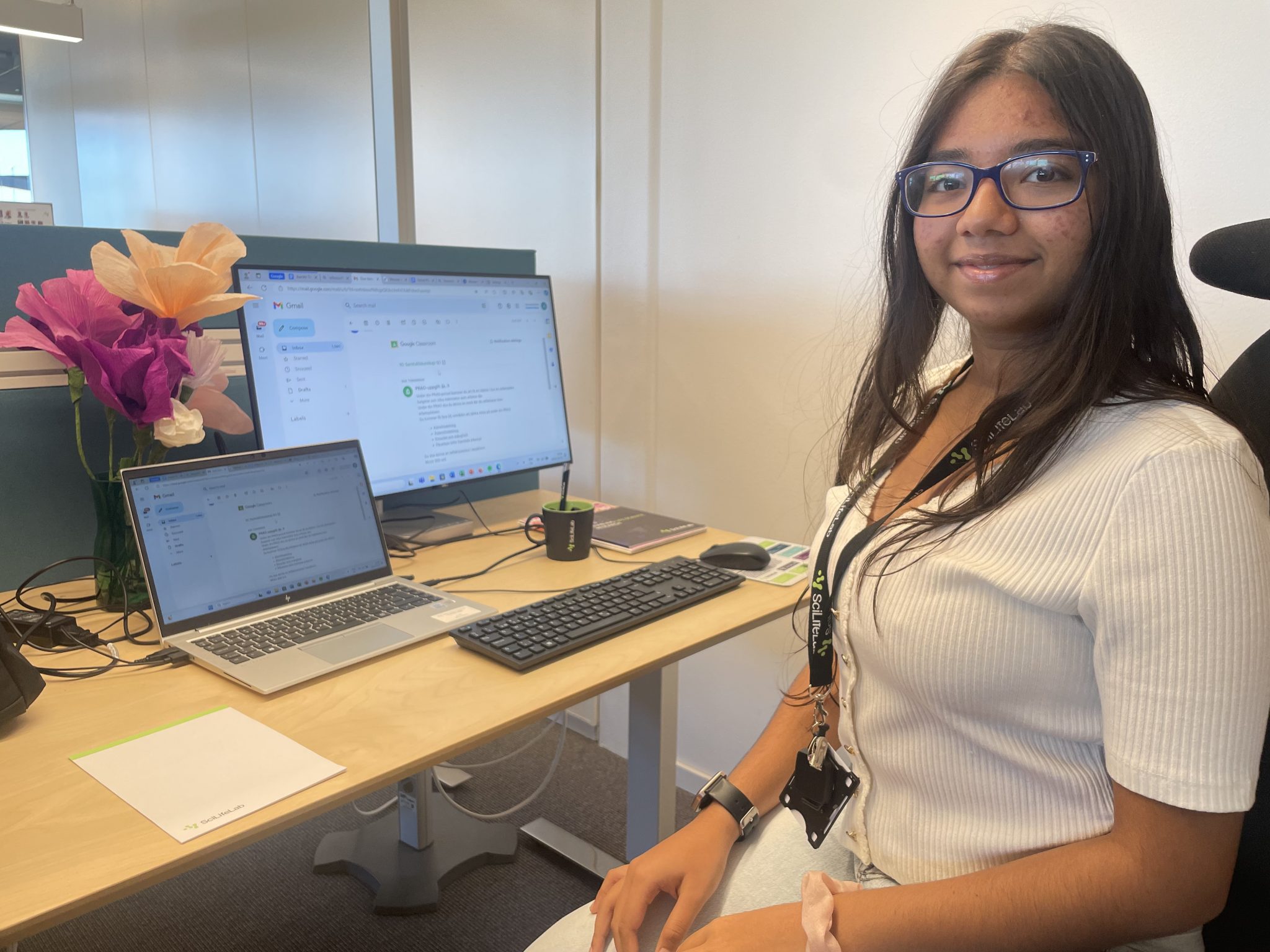
Aarohi Thakare PRAO
